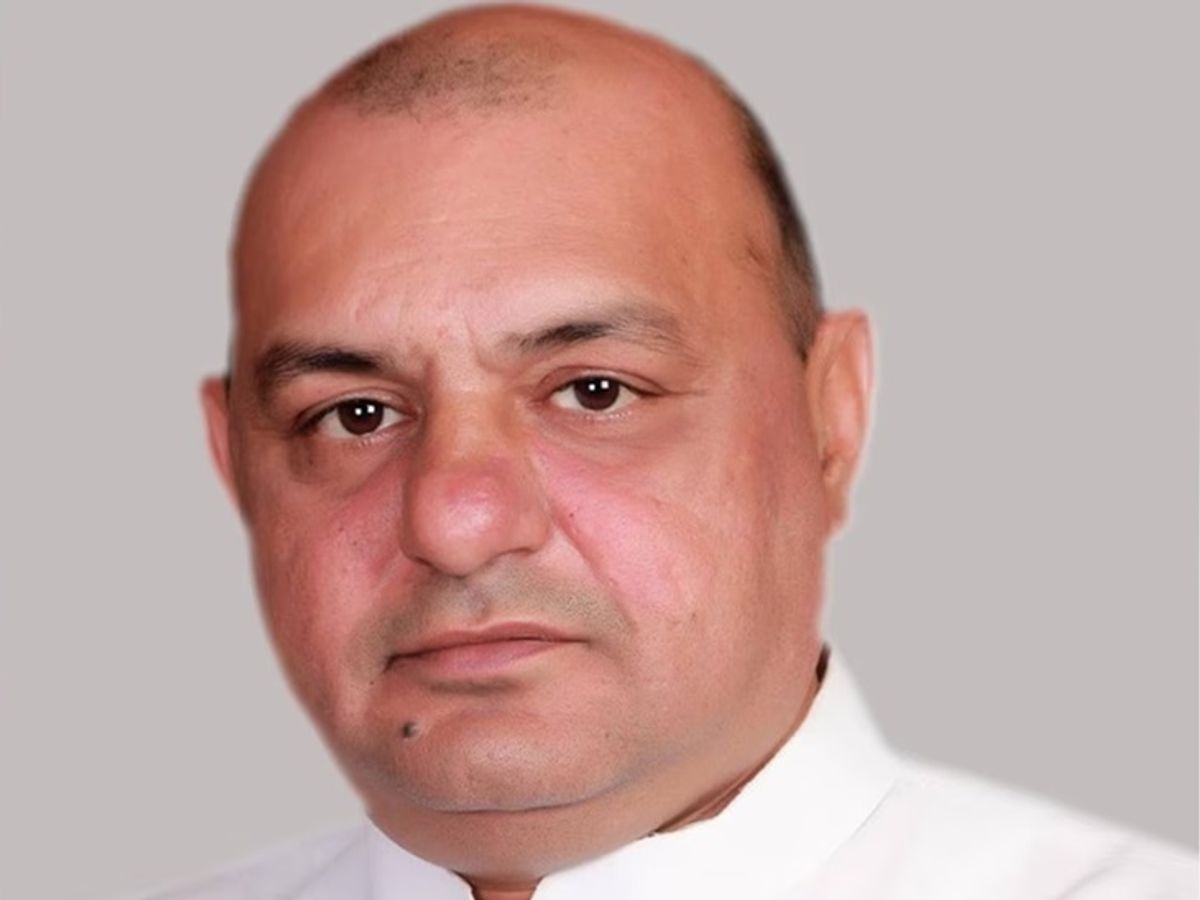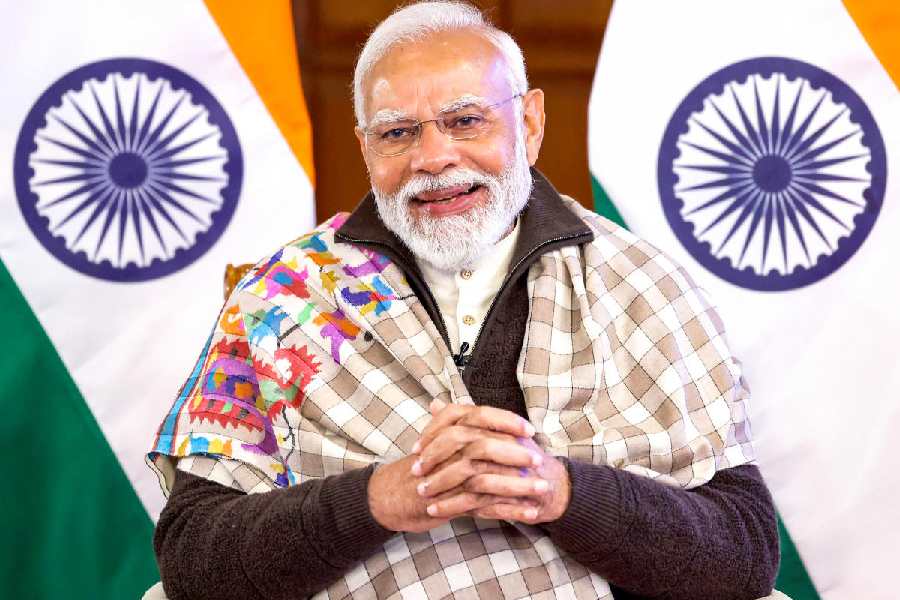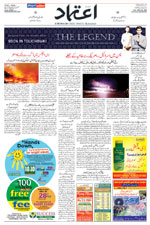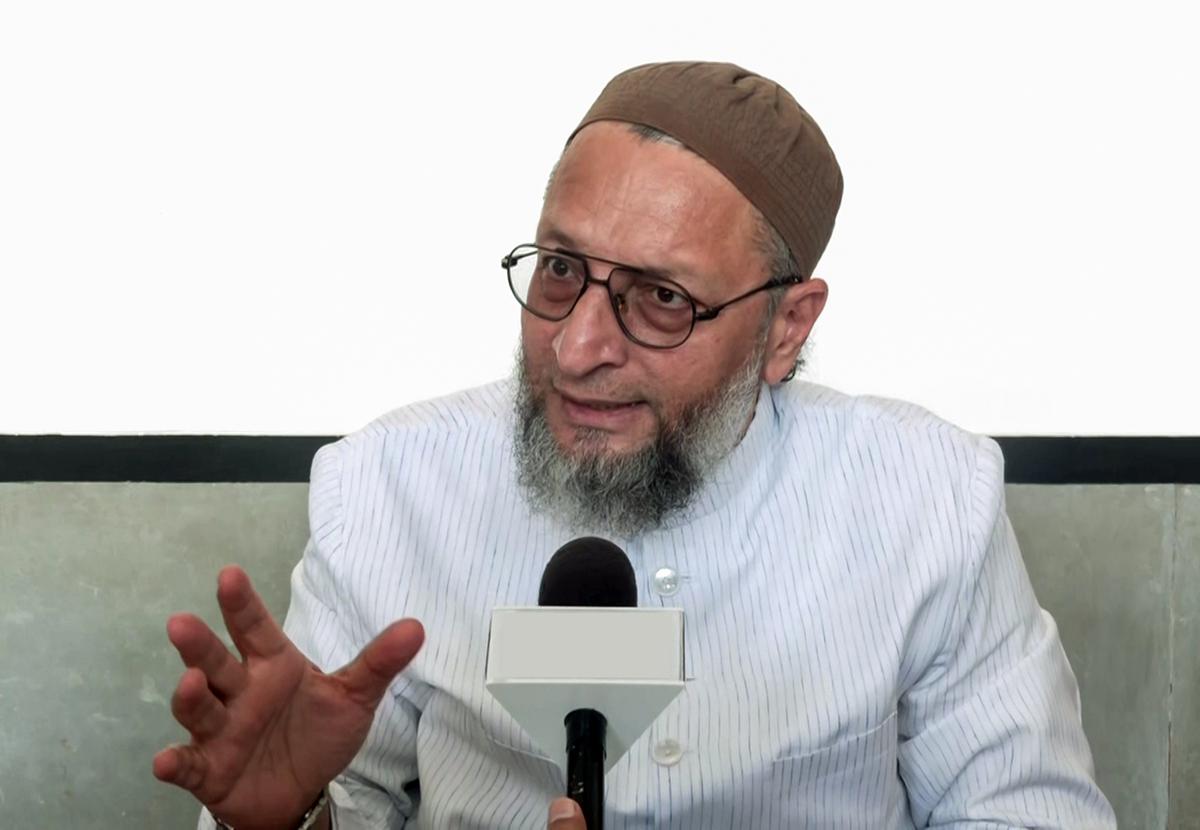54 per cent of Hyderabad's population developed antibodies against Covid-19
Fri 05 Mar 2021, 12:17:26
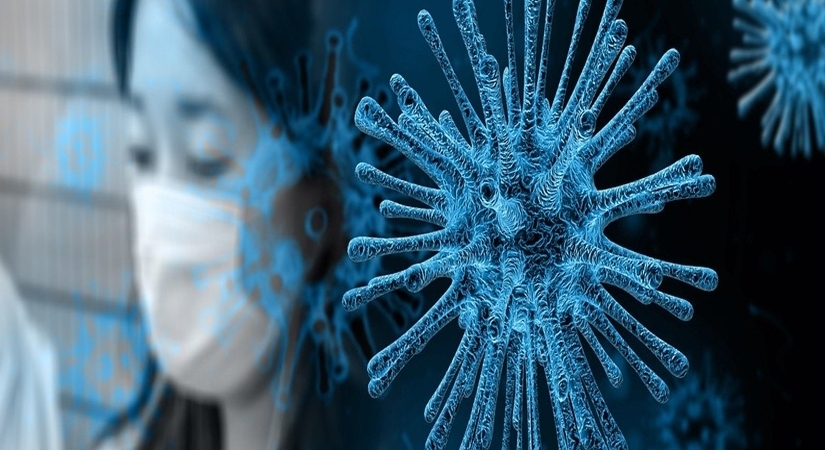
A year into the Covid-19 pandemic, more than half of the population of Hyderabad has developed antibodies against the SARS-CoV-2 virus, according to a collaborative study taken up by Centre for Cellular and Molecular Biology (CCMB), National Institute of Nutrition (NIN) and Bharat Biotech.
The study showed that 54 per cent of the population in the city has antibodies, which means they have developed immunity to SARS-CoV-2 virus. The study is also a clear indication that Hyderabad is just a few months away from attaining herd immunity from Covid.
“This is the ideal time for all of us to go for the kill and vanquish SARS-CoV-2 once and for all in Hyderabad. If general public get themselves inoculated with Covid vaccine, I am sure in the next few months, 80 per cent to 90 per cent of the population will have antibodies and that is enough to attain herd immunity,” said CCMB Director, Dr. RK Mishra on Thursday, while presenting the study results.
The NIN researchers took up the field work of collecting blood samples from 9,000 individuals from
across 30 wards under GHMC area in January. The analysis of the blood to ascertain antibodies against SARS-CoV-2 was done by the CCMB researchers.
across 30 wards under GHMC area in January. The analysis of the blood to ascertain antibodies against SARS-CoV-2 was done by the CCMB researchers.
“The sample size of 9,000 is the largest ever antibody study taken up in recent times in the country and our data sets are robust. Majority of the individuals who developed antibodies never knew they had Covid-19, which means that they had no symptoms and all of them were silent infections,” said NIN Scientist G, Dr A.Laxmaiah.
Almost all the municipal wards showed a similar uniform range of seroprevalence, from 50 per cent to 60 per cent while a few wards showed as much as 70 per cent or as low as 30 per cent of seroprevalence. By and large, there was uniformity in seropositivity rate for almost all the age groups, men and women etc.
“The study gave us a clear view of Covid-19 in Hyderabad. People, however, should continue to take precautions like using masks so that new variants of coronavirus do not gain a footing within the community,” Dr. Mishra added.
No Comments For This Post, Be first to write a Comment.
Most viewed from Hyderabad
Most viewed from World
AIMIM News
Asaduddin Owaisi questions PM Modi's China policy
Jan 08, 2025
Owaisi slams UP over police post near Sambhal mosque
Dec 31, 2024
Owaisi hails SC order on Places of Worship Act
Dec 13, 2024
AAP Corporator Tahir Hussain joins AIMIM party
Dec 11, 2024
Latest Urdu News
Most Viewed
May 26, 2020
Which political party will win the Delhi Assembly polls to be held on Feb 5?
Latest Videos View All
Like Us
Home
About Us
Advertise With Us
All Polls
Epaper Archives
Privacy Policy
Contact Us
Download Etemaad App
© 2025 Etemaad Daily News, All Rights Reserved.






.jpg)
.jpg)
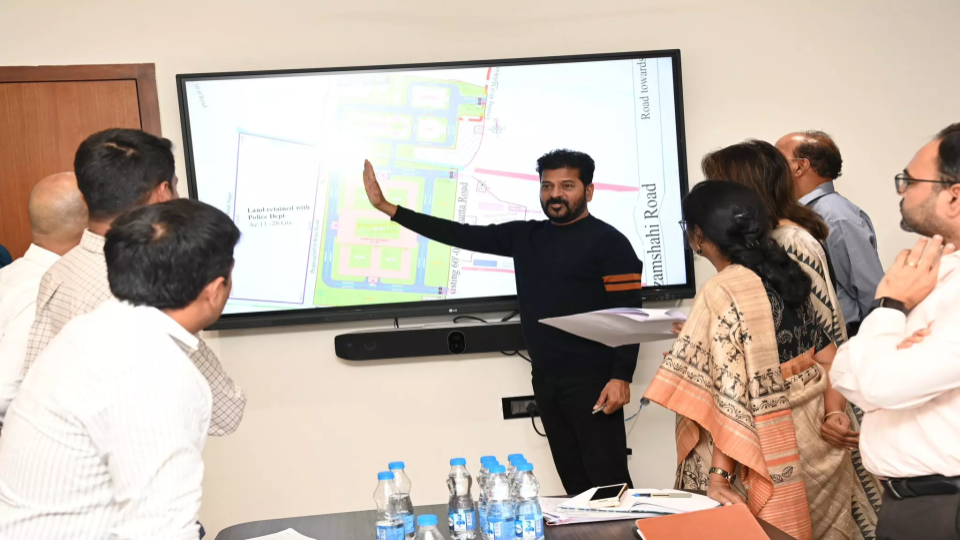
.jpg)
.jpg)



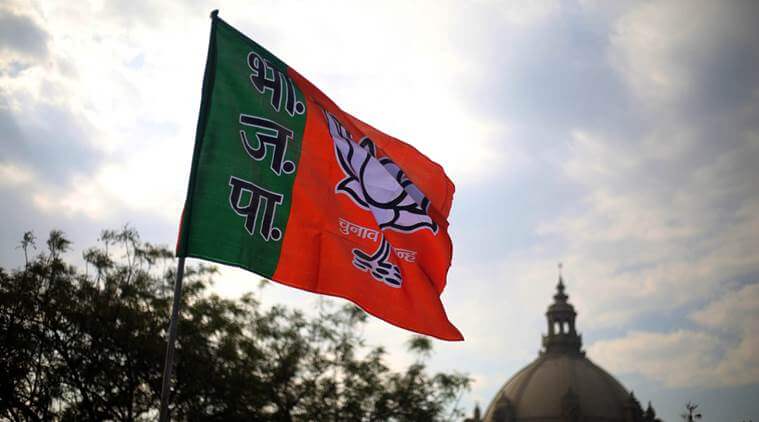
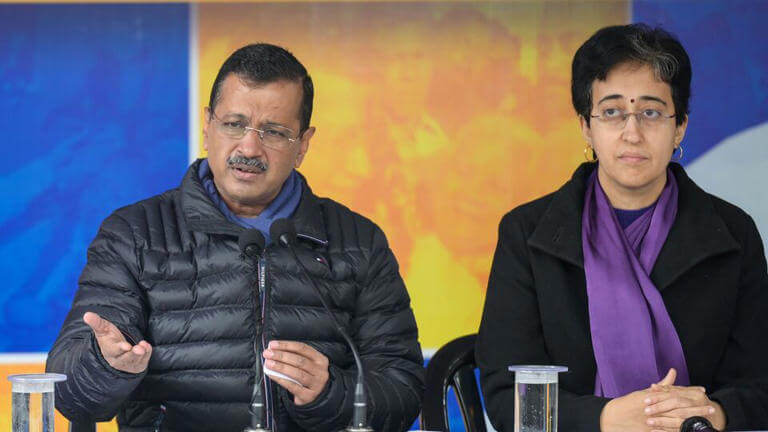
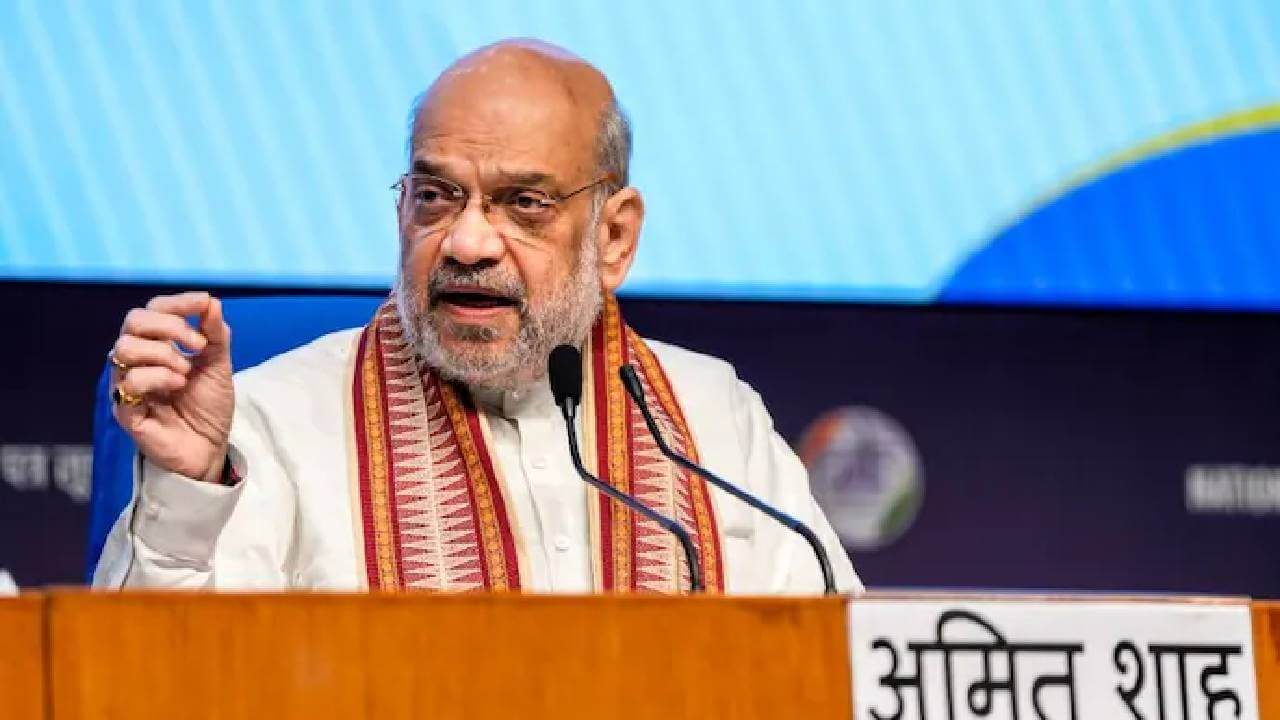
.jpg)
.jpg)
.jpg)
.jpg)
.jpg)
.jpg)
